After a downward trend for the stock price in 2018, investors may consider adding Cardinal Health (NYSE:CAH) stock to their portfolio for the rest of the year. There are several long strategies in CAH stock that could lead to impressive profits.
The healthcare services and medical supplier Cardinal Health has paid handsome dividends over the past years with a current dividend yield of 3.6%. Stockholders of record on Oct. 1 will be eligible for the dividend to be paid out on Oct. 15, 2018.
The forward price-to-earnings (P/E) ratio, which is typically considered a more powerful tool than a historical P/E ratio for valuation purposes, of Cardinal Health is currently quite low at about 10; in comparison, the S&P 500 currently trades at about 16. To many investors, the stable dividend coupled with this low forward P/E ratio would make CAH stock a value play. CAH has also been increasing its global operations and about 70% of its total sales come from its overseas divisions.
Institutions hold almost 90% of the stock and insider selling has decreased in the last three months.
Some of Cardinal Health’s competitors include AmerisourceBergen (NYSE:ABC), Owens & Minor (NYSE:OMI), McKesson (NYSE:MCK) and
Medline, a major privately held company. In the face of increasing competition in different business segments, such as in the exam-gloves unit and generic drugs, CAH finds its margins being squeezed.
Its medical unit, Cordis, which it acquired in 2015 is not yet performing well operationally and prices of generic drugs have fallen more than expected — two major factors behind the decline in the CAH stock price in 2018.
Nonetheless, recent weeks, especially after the quarterly conference call of Aug. 6, have seen a stabilization of the Cardinal Health stock price around the low $50’s level. Those investors who pay attention to moving averages should note that the technical message has improved to a “buy,” while oscillators are giving a wider range of “neutral-to-buy” readings.
Short-term support for CAH is first at $50.8 and then at $48.4; meanwhile, short-term resistance in CAH stock is first at $54.3 and then at $58.5. CAH’s 52-week price range has been $48.14 (July 7, 2018) — $75.75 (Jan. 8, 2018).
If you are also of the opinion that the executive management is going to further improve its balance sheet and that Cardinal Health stock is ready for a rebound on both technical and fundamental grounds, you may want to add Cardinal Health to your portfolio this September.
Depending on individual portfolio allocations and risk/return profiles, here are the three types of trades set up for CAH Stock (prices are based on CAH stock’s closing price of 52.62 on Sept. 7):
Three Bullish Strategies on CAH Stock
1. Buy 100 shares of Cardinal Health stock at a limit price of $52.62. You should expect to hold this long stock position for up to one to six months for an approximate 8-10% gain. You may consider placing a stop loss at about 3% below your entry point.
2. Use a covered call whereby you would buy 100 shares of Cardinal Health at a limit price of $52.62 and at the same time, sell a CAH Jan 2019 $52.5 call option, which currently trades at $3.10.
This call option would stop trading on Jan. 18, 2019 and expire on Jan. 19.
Assuming you would enter this covered call trade at the closing prices on Friday, Sept. 7, at expiry, this trade would break even at a CAH stock price of $49.53 and the maximum return would be $298 at a price of $52.50 at expiry (excluding trading commissions and costs).
3. Sell a Jan 2019 $52.50 put option with a limit price of $3.35 — its closing price on Sept. 7.
This put option would also stop trading on Jan. 18, 2019 and expire on Jan. 19.
Assuming you would enter this put selling strategy at the closing prices on Friday, the upside is that you keep the premium as long as Cardinal Health stock closes above $52.50 when January options expire (excluding trading commissions and costs).
The downside is that if CAH stock trades below $52.50 ahead of expiration, you could be assigned 100 shares for each sold put at a cost of $52.50-per-share.
At expiry, this trade would breakeven at a CAH stock price of $49.13.
The Bottom Line on Cardinal Health Stock
I believe a rebound in the CAH stock price is coming. However, as prudent investors, it is always crucial to maintain a clear risk/return profile. Thus, if the rebound does not happen, a test of the previous lows and toward the low $40’s level could be the next leg down.
As of this writing, Tezcan Gecgil did not hold a position in any of the aforementioned securities.

